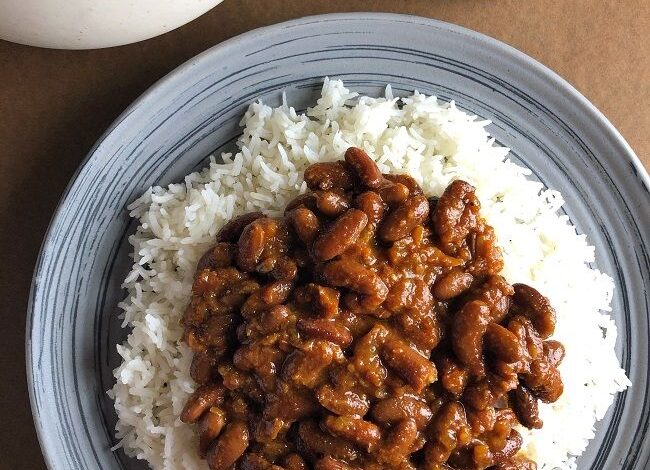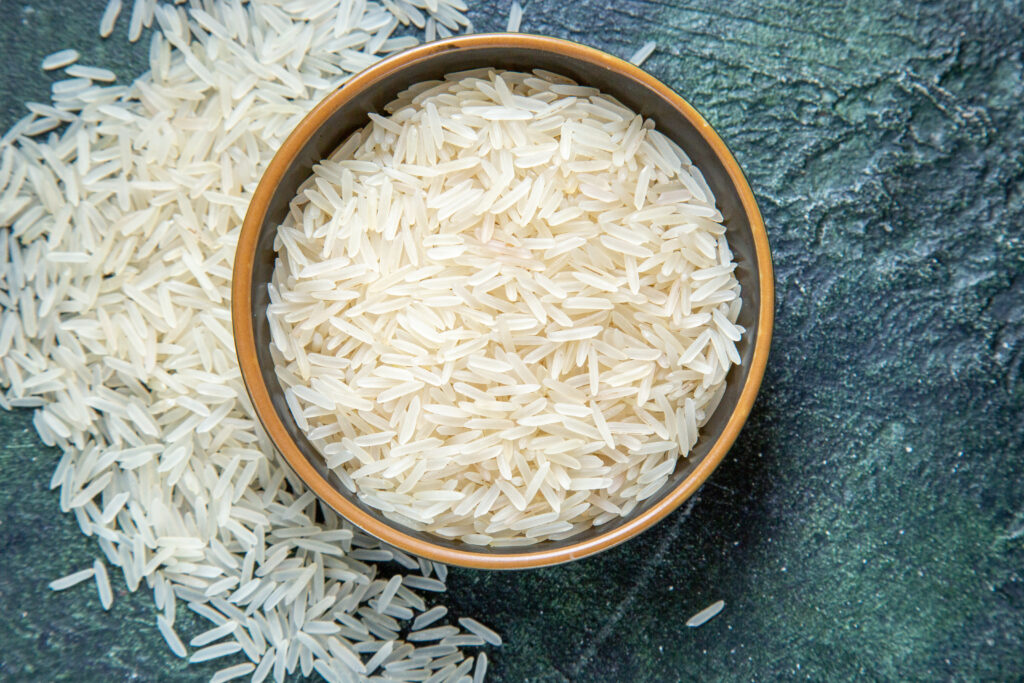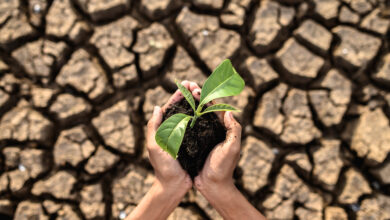Study Reveals Environmental Impact of Idli and Rajma, Among Top 25 Biodiversity-Damaging Dishes

In the diverse landscape of Indian cuisine, few dishes hold as much sway as idli and rajma. Hailing from different corners of the country, these culinary delights have garnered widespread acclaim for their delectable taste and nutritional benefits.
However, a recent study published in PLoS ONE has uncovered a surprising revelation: both idli and rajma, along with popular dishes like chana masala and chicken jalfrezi, rank among the top 25 foods globally that pose a threat to biodiversity.
Despite their immense popularity, these dishes are now under scrutiny for their environmental footprint, prompting a reevaluation of our dietary choices in the interest of planetary health.

According to a report by PTI, dishes containing ingredients such as beef, legumes, and rice are significant contributors to biodiversity loss, particularly in regions like India where agricultural pressures are already high. The study highlights that India is predominantly associated with producing dishes with a high biodiversity footprint, driven by ingredients like rice, legumes, and chicken, which are not typically recognized for their environmental impact.
Interestingly, the research also found that dishes composed of starchy foods like potato and wheat, such as mantou and Chinese steamed buns, exhibit the lowest biodiversity footprint. This could be attributed to their lower weight and below-average biodiversity footprint per calorie and per gram, whether locally or globally produced.

Previous studies have also shed light on the environmental implications of Indian cuisine. A 2019 study published in Nature Sustainability revealed that certain vegetarian dishes, such as paneer butter masala and aloo gobi, contribute significantly to carbon emissions due to their heavy reliance on dairy products.
Furthermore, a 2020 study conducted by researchers from the Indian Institute of Technology Bombay examined the water usage associated with traditional Indian diets, highlighting the substantial water requirements of rice and dairy-heavy meals, especially in water-scarce regions.
These findings underscore the need for a comprehensive understanding of how our dietary choices impact the planet. As we continue to indulge in our favorite foods, it’s imperative to consider their ecological footprint and explore sustainable alternatives for a healthier future.
For more updates and news, follow The Green Vibe




